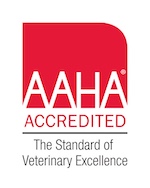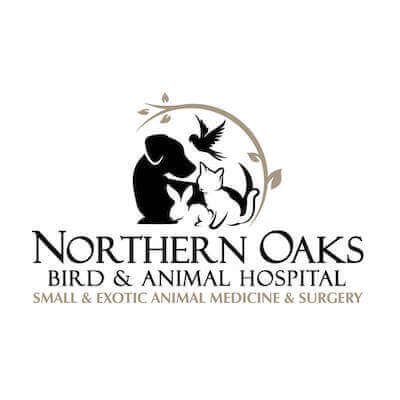Ask most people what they believe birds should eat and the answer will likely be seeds. Seeds are very high in fat and low in Vitamin A, which is essential for a healthy respiratory system in birds. Often, birds on seed diets will eventually develop respiratory infections or pneumonia. Research has progressed to a point where bird food is now a formulated pellet, just like a dog would consume. The benefit of a pelleted diet is that each bite is perfectly formulated and fortified with appropriate nutrition. The bird cannot choose a poor diet based upon preference of particular seeds.
Converting Your Bird to a Proper Diet
- Add a vitamin supplement to the water. Vivi13 by LeFebre and Profeda are excellent choices.
- Offer all the seeds and treats your bird normally eats for 10 minutes in the morning only and then remove them. Repeat this process in the evening for 10 minutes only.
- During the remainder of the time (outside of the two 10 minute intervals) offer pelleted ration only. This means all treats, seeds, millet, fruit, vegetables and other table foods must be removed from the cage.
- Offer fresh water with vitamin supplementation at all times.
- Birds are often frightened of new food. Do not expect a bird to convert to a pelleted diet immediately. Continue to offer the two 10 minute intervals of the previous diet to prevent starvation. Do not leave the previous diet in the cage all day along with pellets because the goal is to make the bird hungry enough to try the pellets. If other food is available, they will not try the new diet.
- Be patient. Some birds will require 6 weeks or more of this routine to begin eating pellets.
- Birds are flock animals and will often eat things they see other family members consume. As a human flock member it may help to pretend to eat pellets in front of your bird.
- Once the bird is eating pellets as the mainstay of the diet, treats may be reintroduced. Approximately 80-90% of the diet should be pelleted. The remainder can be fruits, vegetables, and even some low fat table foods such as bread or pasta or a few seeds for training.
- Never feed avocados, chocolate, coffee, cherries, plums, and peaches.




